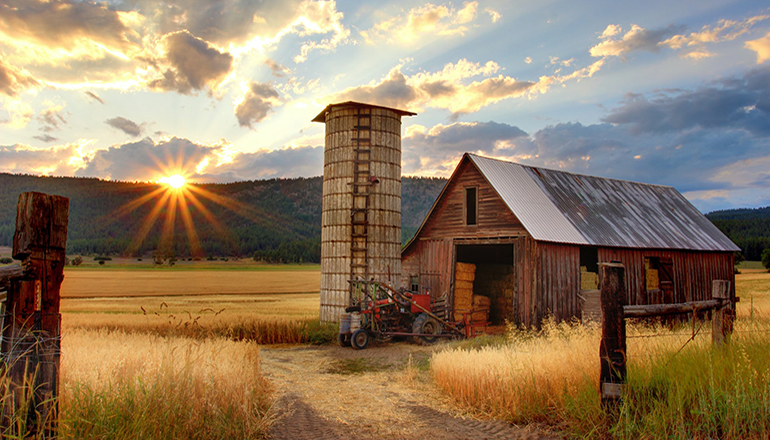(Missouri Independent) – As food prices rose around the country, so did farmers’ take-home pay.
Net farm profits rose by 30% from 2021 to 2022, according to recent data from the U.S. Department of Agriculture. At the same time, food prices inflated by more than 10%.
The USDA predicts farm incomes will drop by about 20% in 2023 to levels still above pre-pandemic averages — and interest groups are already using the expected drop in profits to lobby for more money as Congress works on the next Farm Bill.
Farm incomes vary widely based on commodities and local weather patterns, so experts warn against making sweeping industry-wide generalizations. The record-high incomes last year were largely driven by high prices and good yields for the country’s biggest cash crops — corn and soy — according to Pauline Van Nurden, extension economist at the Center for Farm Financial Management at the University of Minnesota.
Minnesota was fifth in the nation in farm income last year, bringing in $9.7 billion, mostly through corn, soy, hog, cattle, and dairy production.
Most of the income growth is concentrated among the industry’s biggest farms, according to Secretary of Agriculture Tom Vilsack.
In the warehouse of a St. Paul food nonprofit on Aug. 28, Vilsack announced the record-high income levels to a crowd of agriculture leaders and media before visiting the Minnesota State Fair.
He made a show of stepping away from the podium, removing his jacket, and walking over to the whiteboard, where he started writing numbers.
Less than 8% of the country’s farms brought in more than $500,000 last year. Those farms made up 89% of the record-breaking farm profits last year, he explained.
Overall, farmers took home $15 billion in direct government payments, most of which go to the biggest farms, according to the Environmental Working Group, which tracks subsidy data.
Vilsack pointed to the numbers representing large farms and sent a strong signal the Biden administration has no interest in policies that would negatively affect the richest farmers.
“These folks are great people — good people, hard-working people,” he said. “They have a lot of risk. They are providing food for our families and for the world’s families. I don’t think it’s a circumstance or a situation where you necessarily have to do something to this world.”
He pointed to the numbers representing the smaller farms that shared the remaining profits.
“But you sure as heck need to do something about these people,” he said.
Vilsack touted investments that would help create new revenue streams for farms, like paying them to use “climate-smart” farming techniques, opening up carbon markets, and finding ways to get fresh produce directly into grocery stores and schools.
Farm groups across the political spectrum largely support voluntary programs that pay farmers for implementing climate-friendly practices.
Ahead of the Farm Bill, however, commodity groups have also prioritized protecting and expanding crop insurance and lowering premiums.
Jonathan Coppess, director of the Gardner Agriculture Policy Program at the University of Illinois, said the projected drop in farm income — from extreme highs in 2022 to above-average in 2023 — is to be expected given the ag sector’s volatility.
“There’s a temptation, if not a strategic mindset, to proclaim this as something drastic and bad,” Coppess said, referring to the farm lobby using the expected drop in income to influence the Farm Bill debate.
It’s already happening.
In a May 2 Senate hearing, American Farm Bureau Federation president Zippy Duvall presented a bleak picture of U.S. agriculture, leaning on the USDA data that showed a projected decrease in farm income.
“Much uncertainty remains related to the ability for farmers and ranchers to access supplies, to manage volatile markets and to deal with regulation and weather-related challenges,” Duvall said.
Republican U.S. Senate Agriculture Committee staff recently published a blog headlined “USDA Forecasts Sharpest Decline in U.S. Farm Income in History,” urging lawmakers to fund strong crop insurance and risk management programs.
The current Farm Bill will expire at the end of the month.
(Photo by Timothy Eberly on Unsplash)


